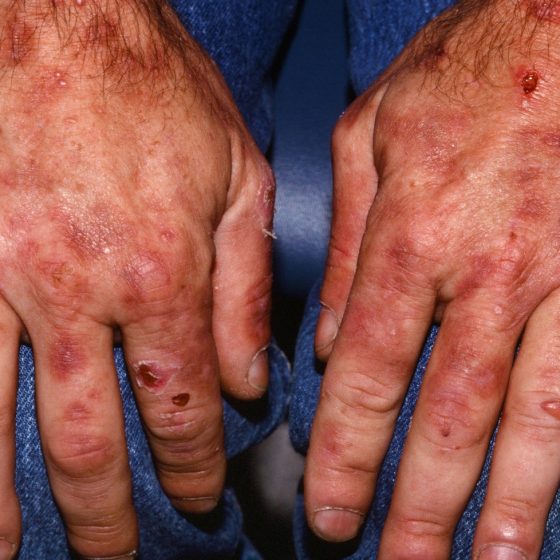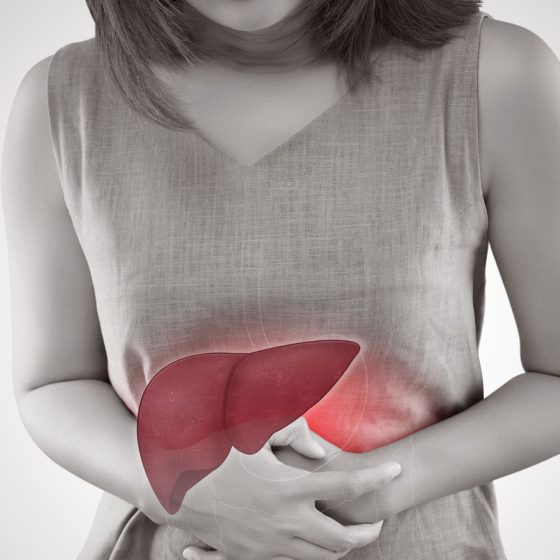Type 2 diabetes
Key facts Type 2 diabetes develops when the body does not make enough insulin or it does not respond to it effectively. You need insulin to process the glucose in your food to give you energy. Symptoms include feeling tired, hungry or thirsty, and passing more urine. Lack of physical activity, being overweight and a poor diet increase the risk of type 2 diabetes. Keeping active, with a healthy diet and weight, can help prevent or delay it. What is type 2 diabetes? Type 2 diabetes develops when the body does not use insulin efficiently and gradually loses the










